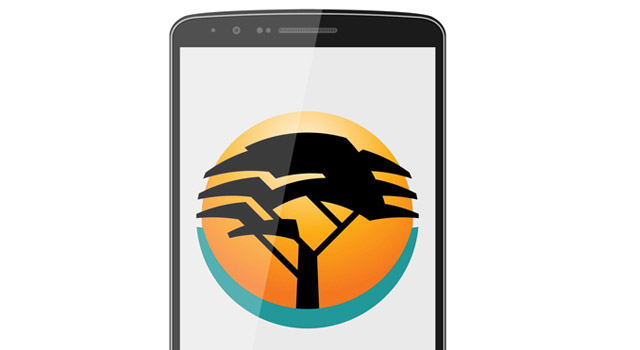
Ratings agency Standard & Poor’s warning over Cell C’s R2bn of unsecured debt is is no cause for concern to the head of First National Bank’s new mobile network.
FNB will become the first bank in South Africa to launch a mobile network when it starts selling SIM cards on June 15.
Dubbed FNB Connect, the bank’s cellphone service is a mobile virtual network, meaning that it will roam on Cell C’s network. Network operator me&you also launched as a mobile virtual network on Cell C’s infrastructure earlier this year.
However, S&P has raised concerns over Cell C’s R2bn unsecured debt which has upcoming maturities in July. S&P also issued a warning in the light of Cell C continuing to generate negative free operating cash flow.
Subsequently, S&P placed Cell C, which is on a B- long-term rating, on CreditWatch negative. S&P did say that backing from Cell C’s parent company, Saudi Arabia’s Oger Telecom, could help the South African telecoms firm with its debt. S&P also intends resolving the CreditWatch placement upon finalisation of the financing arrangements.
But FNB Connect’s CEO, Ravesh Ramlakan, said he is not worried about concerns around Cell C and its debt.
“I think every year there’s an article like that on Cell C to be honest, and I think they’ve also got strong shareholders who have been continuously backing them,” Ramlakan said.
Reports have also been swirling that Oger Telecom is looking to sell Cell C. To date, Cell C has not publicly confirmed or denied these reports.
But even if Cell C is sold, Ramlakan said the sale will not affect FNB’s mobile network.
“It typically won’t because our arrangement is, again, whoever is the shareholder is independent of our arrangement. A new shareholder will have to take over our arrangement with Cell C,” Ramlakan said.
“[I’m] not worried about [this]. I think it depends, in my view, on who the shareholder is; it could be great. What if it’s a Bharti or Orange or whoever… it could be an MTN; it could be anyone,” said Ramlakan.
Fin24 asked Ramlakan if FNB Connect would consider building its own mobile towers to break its dependence on other networks.
But Ramlakan said FNB won’t be building its own network. The costs involved can be high and the trend globally is for mobile networks to share infrastructure such as cell towers to lower capital expenditure.
It is unclear how many customers FNB could win over to its mobile network, but Ramlakan said competition in the mobile virtual network space is expected to heat up in the coming months and years.
“What we predicted three years ago is that a lot of MVNOs (mobile virtual network operators) are going to come into this country and guess what’s happening by 2015 already — and there’s going to be a few more,” Ramlakan said. — Fin24
- See also: FNB goes mobile: the inside story




